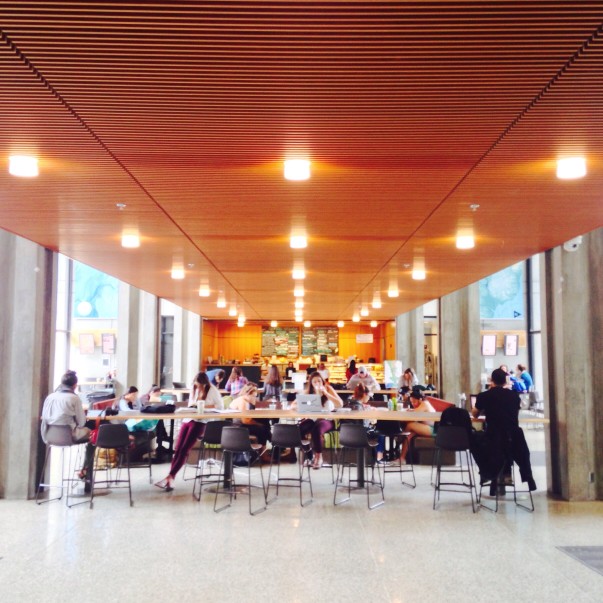Even though reforming such tied aid programs would help the needy and save money for U.S. taxpayers, Congress is unlikely to change the system. Foreign aid is a lucrative business for interest groups, which aggressively lobby political leaders for pieces of the foreign aid pie, i.e. contracts. Elected officials often reward these powerful industries or companies in exchange for help with re-election, sometimes even lobbying on their behalf. Citing the same concerns as the industry groups above, members of the Senate Committee on Agriculture, Nutrition and Forestry, including Chairwoman Debbie Stabenow (D-Mich.) and ranking member Thad Cochran (R-Miss.) sent President Obama a letter opposing the food aid reforms. With this type of relationship, politicians and interest groups win while those in need lose.
A paper slated for release in the September 2013 issue of the journal Oxford Development Studies (Jared Pincin, “Political Power and Aid Tying Practices in the Development Assistance Committee Countries”) shows that as competition for elected office intensifies, tied aid increases both absolutely and as a percentage of total aid.
In other words, the hotter the political climate, the greater the incentive to vote for foreign aid that helps political friends at home.
The goal of foreign aid should be to assist the needy, not to protect special interests or serve the re-election goals of politicians. Reforming tied aid programs would save money for taxpayers here in the U.S. and help promote economic development abroad. A more prosperous world is a better world, and routing out cronyism will help get us there.
Read more at USA Today.

